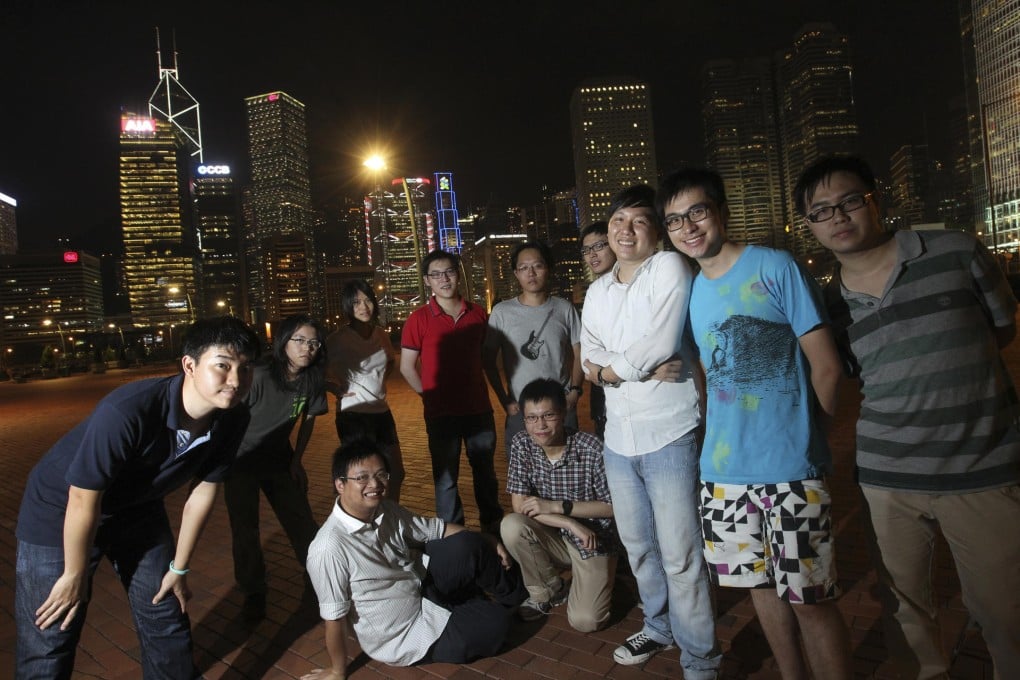Wikimania challenge for Hong Kong as conference comes to town
Hosting the annual Wikimania conference marks a step forward for the local chapter of volunteers. The challenge now is to retain talent as team members move into full-time jobs

Millions of people use Wikipedia every day, yet many locals don't know what the collaborative web-based encyclopaedia project is about. People here seem confused about the site and often ask Wikipedia's local volunteer administrators questions like, "Do you have anything to do with WikiLeaks?" (Answer: nothing.)
That's one reason the volunteer administrator group is looking forward to Wikimania, the site's annual international conference held in Hong Kong next week. Hosting the event presents some opportunities to help improve public understanding about how the site operates.
Perhaps no one is more eager than 23-year-old Simon Shek Chiu-yin. Shek had two goals when he set up the Hong Kong chapter of Wikimedia, the outreach and administrative arm for the site, in 2006. One was to recruit more volunteers, and the other was to bring Wikimania to Hong Kong. His dreams are now being realised.
"We established a chapter, and we are about to host the conference - we feel that's pretty good. We really want people to know what Wikipedia is," he says. "Open data, open knowledge, open culture - those are big things in Hong Kong."
Run by the US-based non-profit Wikimedia Foundation, Wikipedia has grown beyond the expectations of its founders Jimmy Wales and Larry Sanger since they spun off the free, open-content site in 2001 from an earlier project.